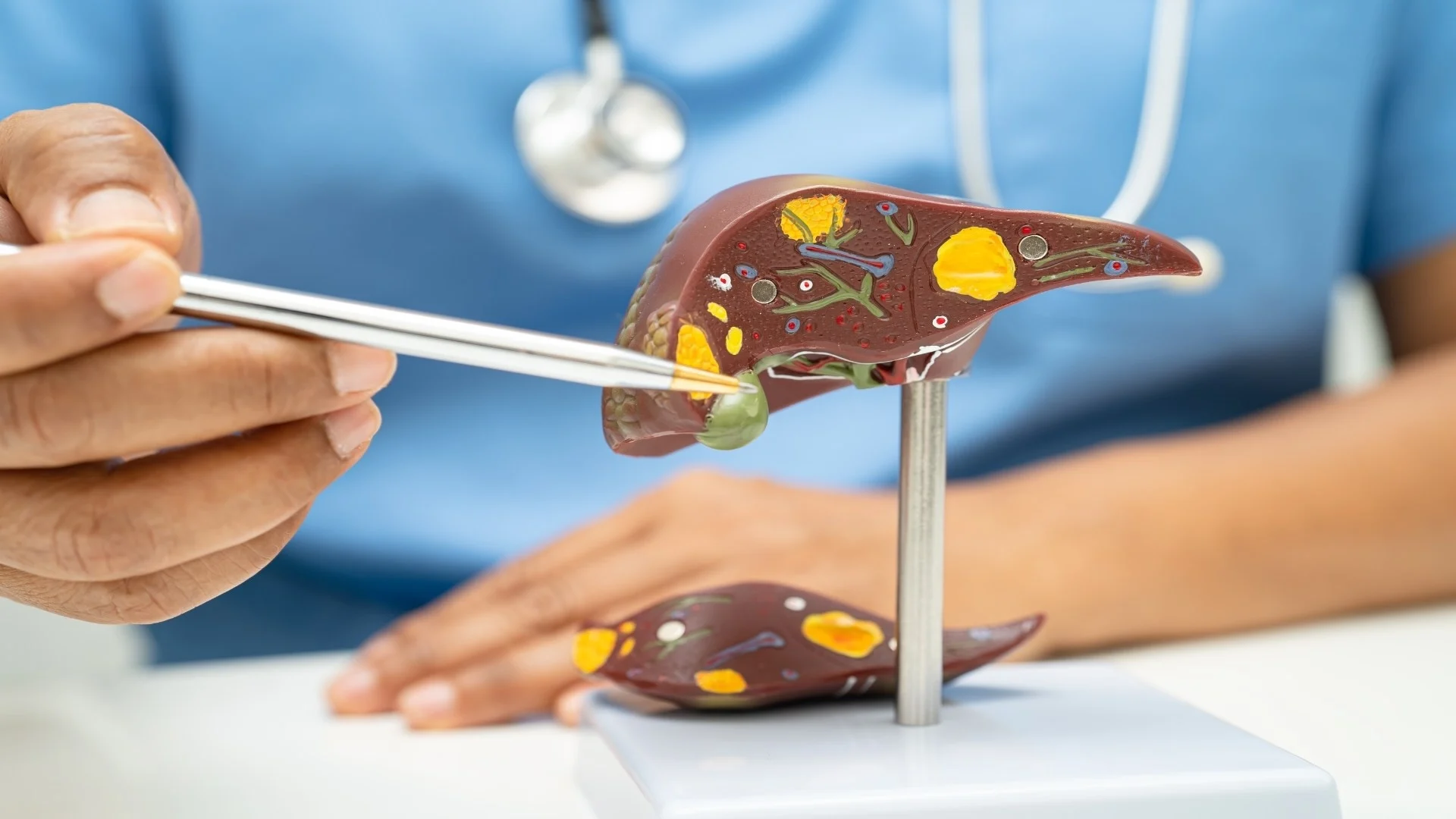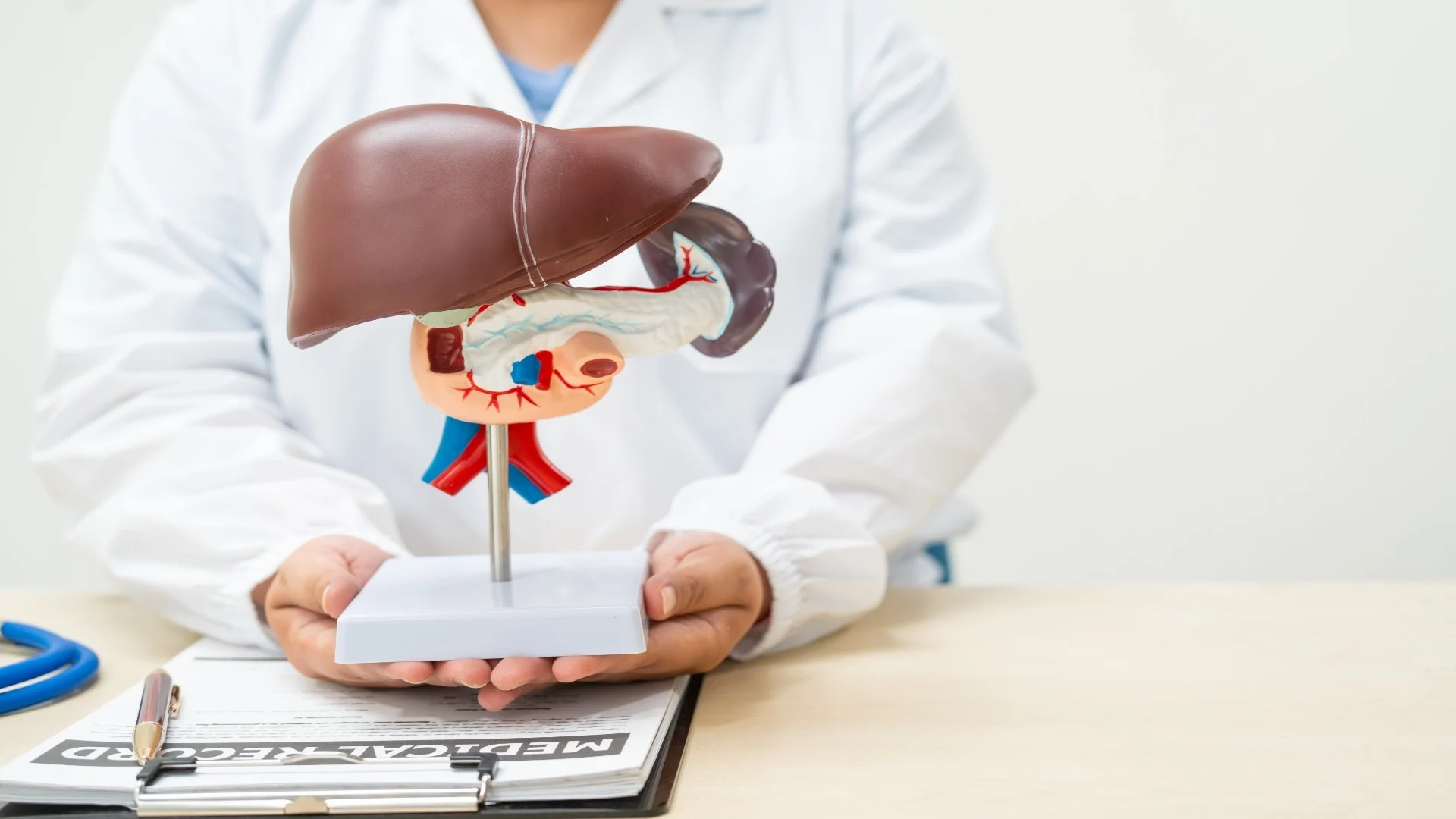Drug and Alcohol
If I Quit Drinking, Will My Liver Heal? Understanding Recovery and Liver Health

If I Quit Drinking, Will My Liver Heal? Quitting alcohol gives your liver a chance to repair and recover. Learn how sobriety supports liver health.
How long does it take for the liver to heal after quitting alcohol?
Healing time varies. Fatty liver can improve within weeks, while alcoholic hepatitis may take months. Cirrhosis damage is permanent, but quitting alcohol prevents further harm. If you're wondering, "If I Quit Drinking, Will My Liver Heal?” seeking professional help can support recovery.
Can the liver fully recover from alcohol damage?
The liver can fully recover from early-stage damage like fatty liver with sobriety and a healthy lifestyle. However, advanced conditions like cirrhosis cause irreversible scarring, though quitting alcohol can prevent further deterioration and improve overall liver function.
What are the signs that my liver is healing after I stop drinking?
Signs of liver healing include improved energy levels, better digestion, clearer skin, and normalized liver enzyme levels. As liver function improves over time, many individuals also experience a reduction in jaundice, bloating, and abdominal discomfort.
Are there any supplements that can help my liver heal faster after quitting alcohol?
Certain supplements, such as milk thistle and N-acetylcysteine (NAC), are believed to support liver health but are not a cure. Before taking any supplements for liver recovery, it’s essential to focus on a nutrient-rich diet and consult a healthcare provider.
How can The Edge Treatment Center assist in my recovery journey?
At The Edge Treatment Center, we provide personalized treatment plans that address both alcohol addiction and overall well-being. Through medical support, therapy, and holistic care, we help individuals achieve long-term recovery.
Prolonged heavy drinking can lead to alcoholic hepatitis, characterized by liver inflammation. Early diagnosis and treatment are crucial to prevent progression to more severe liver disease. It can range from mild to severe, with severe cases being life-threatening.
Symptoms: include jaundice (yellowing of the skin and eyes), nausea, abdominal pain, and liver tenderness.
Outlook: immediate alcohol cessation and medical intervention to manage Have you ever wondered if your liver can truly recover after years of drinking? If you’re asking this question, you’re already considering a life-changing decision. The liver is one of the body’s most resilient organs, capable of healing when alcohol use stops. The earlier you quit, the greater the chance your liver has to repair itself and regain function.
At The Edge Treatment Center, we support your journey to sobriety with customized treatment plans that address addiction at its core, setting the stage for lasting recovery. Your liver—and your life—deserve a fresh start.
Before we explore exactly how quitting alcohol benefits your liver, let's first understand why liver health matters so deeply to your overall well-being.
The Importance of Liver Health

Your liver is one of the most vital organs in your body. It is responsible for detoxification and regulating essential bodily functions, and it also plays a central role in metabolizing carbohydrates, proteins, and fats.
A healthy liver supports digestion, energy production, immune function, and metabolism making it crucial to your overall well-being.
However, excessive alcohol consumption can significantly damage the liver, leading to conditions such as fatty liver, alcoholic hepatitis, and even cirrhosis.
The good news is that the liver has an incredible ability to regenerate. Still, the extent of recovery depends on factors like the severity of damage, overall health, and lifestyle changes.
Understanding how alcohol affects your liver and what steps you can take to support healing is key to restoring your health and preventing further complications.
Understanding Alcohol-Related Liver Damage
Excessive alcohol consumption has a significant impact on liver health, leading to progressive damage over time. The liver filters toxins, including alcohol, from the body.
However, prolonged alcohol use can overwhelm this organ, resulting in severe conditions that may range from mild to life-threatening.
Fatty Liver (Steatosis) This initial stage is marked by the accumulation of fat within liver cells, often occurring in individuals who consume alcohol excessively. It is characterized by fat accumulation in liver cells.
Symptoms: Often asymptomatic but may cause fatigue or mild discomfort.
Outlook: Fatty Liver can be largely reversed with abstinence from and a healthy lifestyle, including exercise. If you're experiencing discomfort in the upper right abdomen or suspect you may have fatty liver disease due to alcohol consumption, it's crucial to begin taking proactive steps toward recovery.
Alcoholic Hepatitis
inflammation.
Cirrhosis The most advanced stage of alcohol-related liver disease. As liver damage progresses, healthy liver tissue is replaced by scar tissue, leading to cirrhosis. This scarring impairs the liver's ability to function effectively.
Symptoms: may include swelling in the legs and abdomen, confusion, severe fatigue, and liver failure.
Outlook: Damage is irreversible, but stopping alcohol use can slow progression and prevent further harm.
The Liver’s Capacity to Heal After Quitting Alcohol

The liver possesses remarkable regenerative capabilities; however, recovery depends significantly on the extent of the damage:
Fatty Liver: Fully reversible, with significant improvement often within weeks of alcohol cessation and lifestyle changes.
Alcoholic Hepatitis: Potentially reversible if mild; recovery supported by sustained sobriety, nutritional support, and appropriate medical care.
Cirrhosis: Although irreversible, as scarred liver tissue cannot regenerate, quitting alcohol prevents further damage and can lead to improvements in liver function, though advanced cases may still require medical intervention or transplantation.
Quitting alcohol is essential for protecting and improving liver health. Professional support, such as the personalized treatment programs offered at The Edge Treatment Center, can effectively assist individuals in achieving lasting sobriety and improved overall well-being.

We’re Here To Help You Find Your Way
Would you like more information about mental health or drug addiction? Reach out today.
Factors Influencing Liver Healing
The liver has a remarkable ability to heal, but several factors determine the extent and speed of recovery after quitting alcohol. Understanding these influences can help individuals take the proper steps toward better liver health.
Duration and Quantity of Alcohol Consumption
The longer and heavier a person drinks, the more damage their liver endures. Chronic alcohol use increases the risk of severe liver diseases like alcoholic hepatitis and cirrhosis, which are more challenging to reverse.
Those who stop drinking early, before permanent scarring develops, have a much greater chance of full recovery.
Overall Health and Nutrition
Proper nutrition plays a key role in liver regeneration. A balanced diet of lean proteins, fruits, vegetables, and healthy fats supports liver cell repair. Hydration is also crucial, as it helps the liver flush out toxins. Individuals with poor diets or nutritional deficiencies may experience slower healing.
Presence of Co-Occurring Conditions
Liver recovery can be complicated by underlying health conditions such as hepatitis B or C, obesity, or metabolic disorders. These conditions can slow down or prevent liver regeneration. Managing these health issues alongside quitting alcohol is essential for optimal healing.
Benefits of Quitting Alcohol Beyond Liver Health
While liver healing is a primary motivation for quitting alcohol, the benefits extend far beyond this vital organ. Sobriety leads to improvements in mental, physical, and social well-being.
Improved Mental Health
Alcohol use is closely linked to anxiety, depression, and mood instability. Quitting alcohol allows the brain to regain balance, often leading to reduced anxiety, better emotional regulation, and an overall sense of well-being.
Enhanced Physical Well-Being
Sobriety improves sleep quality, boosts energy levels, and aids in weight management. Alcohol negatively affects metabolism and immune function, so eliminating it can lead to better digestion, stronger immunity, and increased vitality.
Social and Financial Benefits
Alcohol addiction often strains relationships with family, friends, and colleagues. Quitting drinking can help rebuild trust and strengthen personal connections. Additionally, the financial savings from cutting out alcohol can be significant, allowing individuals to invest in healthier activities and long-term goals.
At The Edge Treatment Center, we recognize that recovery is about more than just quitting alcohol—it’s about building a healthier, more fulfilling life. Our personalized treatment programs provide the tools and support necessary for lasting sobriety and overall well-being.

We’ll Lead You to New Heights
Do you have more questions about mental health or drug addiction? Reach out.
The Edge Treatment Center’s Approach to Recovery

At The Edge Treatment Center, we understand that overcoming alcohol addiction is more than just quitting drinking—it’s about creating a healthier, more fulfilling life. Our comprehensive approach to recovery focuses on personalized care, mental health support, and holistic healing to ensure long-term success.
Personalized Treatment Plans
Every individual’s journey with alcohol addiction is unique, which is why we create customized treatment plans based on personal history, health status, and recovery goals. Our medical professionals, therapists, and counselors work closely with each person to develop a plan that best suits their needs. Whether through inpatient, outpatient, or partial hospitalization programs, we provide flexible options for sustainable recovery.
Comprehensive Support for Addiction and Mental Health
Alcohol addiction is often linked to underlying mental health conditions such as depression, anxiety, or trauma. Our dual-diagnosis approach ensures that both addiction and co-occurring mental health disorders are treated simultaneously. Through therapy, medication management (if needed), and emotional support, we help individuals regain balance and stability in their lives.
Holistic Therapies for Lasting Recovery
Beyond traditional treatment methods, we emphasize holistic healing by integrating lifestyle changes, proper nutrition, and stress management techniques. Our programs include:
Nutritional guidance to support liver health and overall well-being.
Mindfulness practices such as meditation and yoga to manage cravings and reduce stress.
Exercise programs that promote physical health and emotional resilience.
Your Liver Can Heal - Start Your Journey Today
Quitting Alcohol Is the Most Powerful Decision You Can Make for Your Liver's Recovery. While Healing Depends on Your Unique Situation, Every Day of Sobriety Gives Your Body the Chance to Repair Itself. If You're Wondering, “If I Quit Drinking, Will My Liver Heal?”— You're Already on the Right Path.
At The Edge Treatment Center, we create a personalized roadmap for your complete recovery. Our evidence-based programs combine:
Medical supervision to support liver healing and remission from drinking.
CBT Therapy to help address the roots of alcohol addiction.
Holistic care for physical and emotional wellness throughout the process.
If you're wondering whether it's too late for your liver to recover, the answer is simple: The best time to quit was yesterday. The second-best time is today.
Take the first step toward healing, our compassionate team is ready to help you rebuild your health and your future. Contact us now for a confidential consultation.

We’re Here To Help You Find Your Way
If you or a loved one is struggling with addiction, there is hope. Our team can guide you on your journey to recovery. Call us today.
Written by
The Edge Treatment Center
Reviewed by
 Jeremy Arzt
Jeremy ArztChief Clinical Officer
Drug and Alcohol
October 1, 2025
